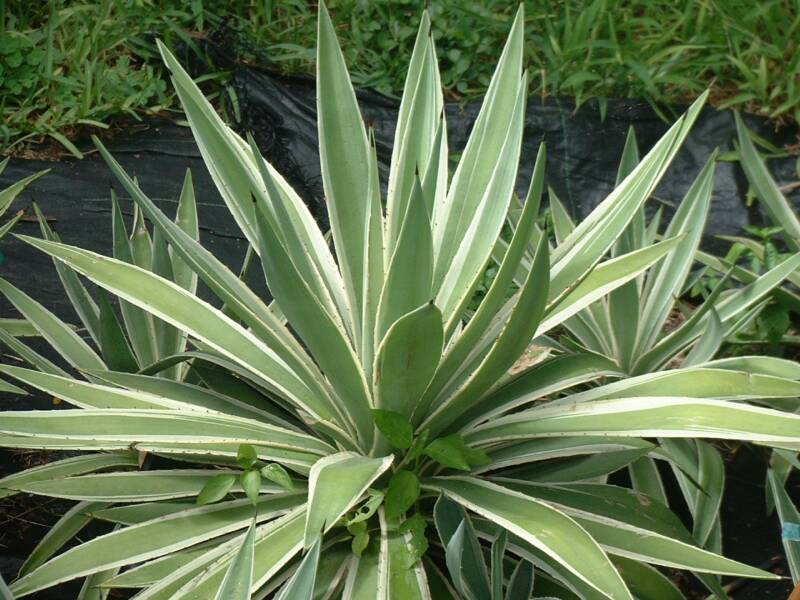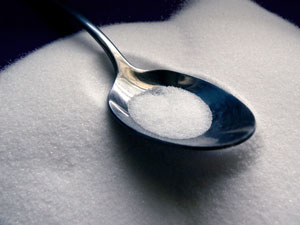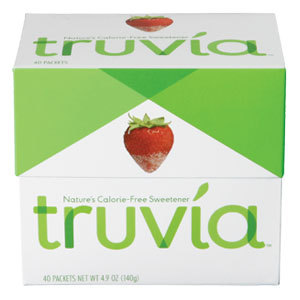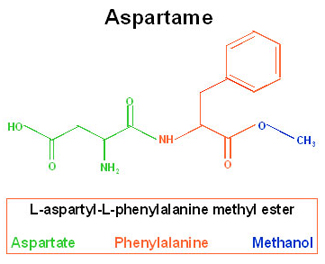Melissa Spiesman, CHHC, AADP, will be the Featured Guest Blogger at DietsInReview.com for September. She is the director of Nutrition for Your Life, a nutrition program that focuses on health and wellness through whole foods. Melissa develops individual integrative nutrition plans that focus on the total health of her clients. In her private practice, she regularly counsels individuals and groups on a variety of health/nutrition issues, including: cravings, weight loss and management, healthy food preparation, coping with stress, and having more energy.
Melissa received her professional training at the Institute for Integrative Nutrition which is affiliated with Columbia University in New York City. She is certified by the American Association of Drugless Practitioners.
Melissa is a featured contributor of girlawhirl.com. Girlawhirl.com is an online magazine for busy women. It’s updated every weekday with the latest fashion and beauty news, home decorating, nutrition, fitness advice and more.

After hearing about the health concerns associated with highly processed foods, we began to read food labels more closely. Some of the most significant changes we made were to replace partially hydrogenated vegetable oil with trans fat free foods as well as to buy only 100% whole grains and look for ways to upgrade refined foods with natural whole foods. It is now time to upgrade our sweetener.
We are what we eat and what we eat affects how we feel – and of course, we all want to feel our best.
Everyone has dealt with a 3PM slump by grabbing a cookie, a piece of candy, or something packaged from the vending machine, only to find themselves feeling worse than before, just 1 hour later. Wouldn’t it be great to enjoy your favorite sweetened foods without feeling the ups and downs of the sugar rollercoaster? Wouldn’t you love a sweetener that is natural plant-based, organic, gluten and allergen free, kosher, and shelf stable? Of course you would; AGAVE NECTAR is the answer.

The Agave plant grows wild in Mexico. The juice of the plant is cleaned and filtered with no chemical processing to produce deliciously sweet Agave Nectar. As with most of the whole foods we are learning about and enjoying today, the sweetness of Agave has been enjoyed for a very long time by Native Americans.
You can include this sweetener as part of your overall health and wellness plan, as Agave rates low on the glycemic index (ranking of how quickly a food is processed and turned into glucose), and therefore does not result in the roller coaster effects of simple sugar. Agave Nectar is sweeter than sugar, so less is needed and fewer calories are consumed.
Maintaining healthy blood sugar levels is important in managing many health concerns and this sweetener is a great alternative for weight management, diabetics and those at risk for heart disease and high cholesterol.
The versatile and easy-to-use sweetener will blend and dissolve quickly in all of your recipes. You can chose your favorite of Agave’s 3 varieties which each have their own individual flavor; light-mild, neutral flavor, amber-medium intensity flavor, most similar to maple syrup, with a dark-strong, distinct flavor. They are a great substitute for all other sugar alternatives.
Over 150 new products sweetened with Agave Nectar were introduced this past year including waters and juices, sauces and salad dressings, and granola and rice cakes.
My favorites are Wholemato, Agave sweetened ketchup and Purely Decadent Coconut Milk frozen dessert, sweetened with Agave and Baking with Agave Nectar: 100 Recipes Using Nature’s Ultimate Sweetener, a cookbook using only Agave as the sweetener.
Girlawhirl enjoys the benefits of this alternative sweetener and has found that she can carry it in her purse and keep it in her desk to ensure that she always has it on hand.
Using Agave Nectar, I can enjoy my favorite sweetened treats without the palpitations, sweats, and shakes associated with hypoglycemia. Agave Nectar is a great tasting, healthier alternative to other refined and artificial sweeteners, but sugar is sugar and should be enjoyed in moderation.









